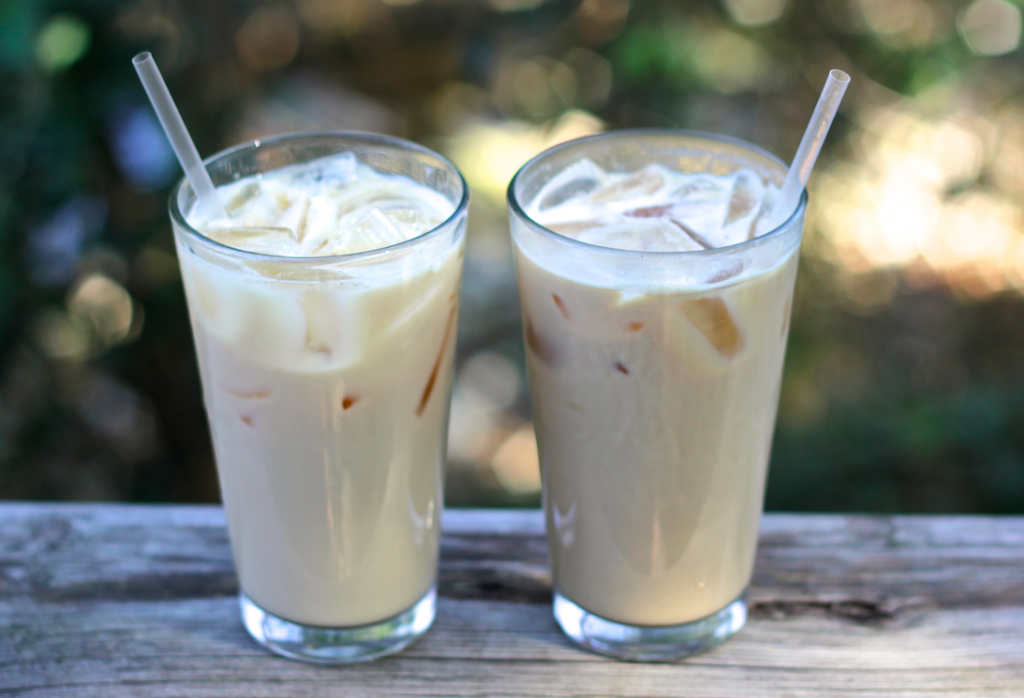Over the course of my first two years of college, I’ve noticed something important about my friends from various parts of the country: they have interesting and specific coffee preferences. No, I’m not talking lattés versus cappuccinos — my friends from different parts of the country have noticeably distinct inclinations toward certain coffee chains. My freshman year roommate and I bonded over our mutual obsession with Starbucks (sorry not sorry), my friends from California have an affinity for Peet’s, which they’ve now passed on to me, too, and my cooler, hipster friends stick to the local coffee shops.
Flowing Data’s coffee chain story confirmed my suspicions: different areas of the United States maintain their own popular coffee spots, based on the density of specific chains in these regions. It turns out I can, at least partly, blame my preference for Starbucks on the fact that it’s just about everywhere. Even though the original Starbucks which, of course, I’ve paid a visit, is in Seattle, according to Flowing Data’s report, Starbucks has spread itself widely and fairly evenly across the country, though it is more heavily concentrated on both the east and west coasts. Dunkin Donuts has a definite domination on the east coast, while Peet’s has taken over the west, with a strong presence in California.
Other popular coffee shops made the list, too. Seattle’s Best has also managed to map the country, just with fewer locations than Starbucks and with its biggest presence in the Pacific Northwest and Southern California. Tim Horton’s, a Canadian company, spans the Canada-U.S. border and has spread into the Midwest, while Caribou seems to be the resident Midwestern favorite. If you’re having trouble visualizing all of this, just check out Business Insider’s map for the ultimate lesson in coffee geography.
What this map can’t measure, however, is the popularity of local coffee shops, the hangouts of many college students and the aforementioned cool, hipster friends. For those of us in Evanston, that means places like Unicorn Cafe and Kafein, venues visited more for their cool vibes and unique drinks, rather than out of brand loyalty. Even though these locations aren’t as traceable, any college student can attest to their popularity and importance. While chain coffee stores are often more focused on getting you through the line quickly, local shops offer a cozier atmosphere and are more open to students camping out at tables for extended amounts of time to study or chat with friends.
According to SBDC Net, 77% of Americans drink coffee daily and 66% of them buy their coffee from a coffee shop rather than brewing it at home. So whether you’re a loyal follower of your region’s popular brand or a local coffee connoisseur, you’re contributing to one overarching trend: Americans love coffee.

Photo by Gabby Phi

